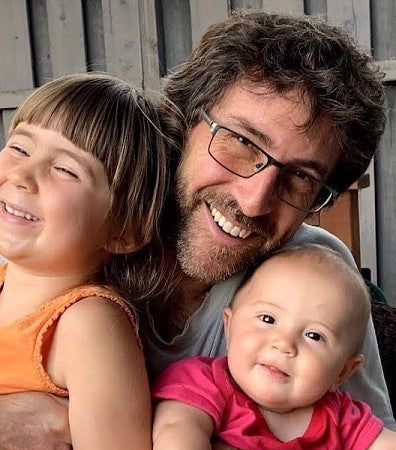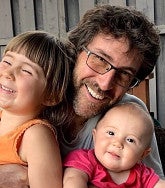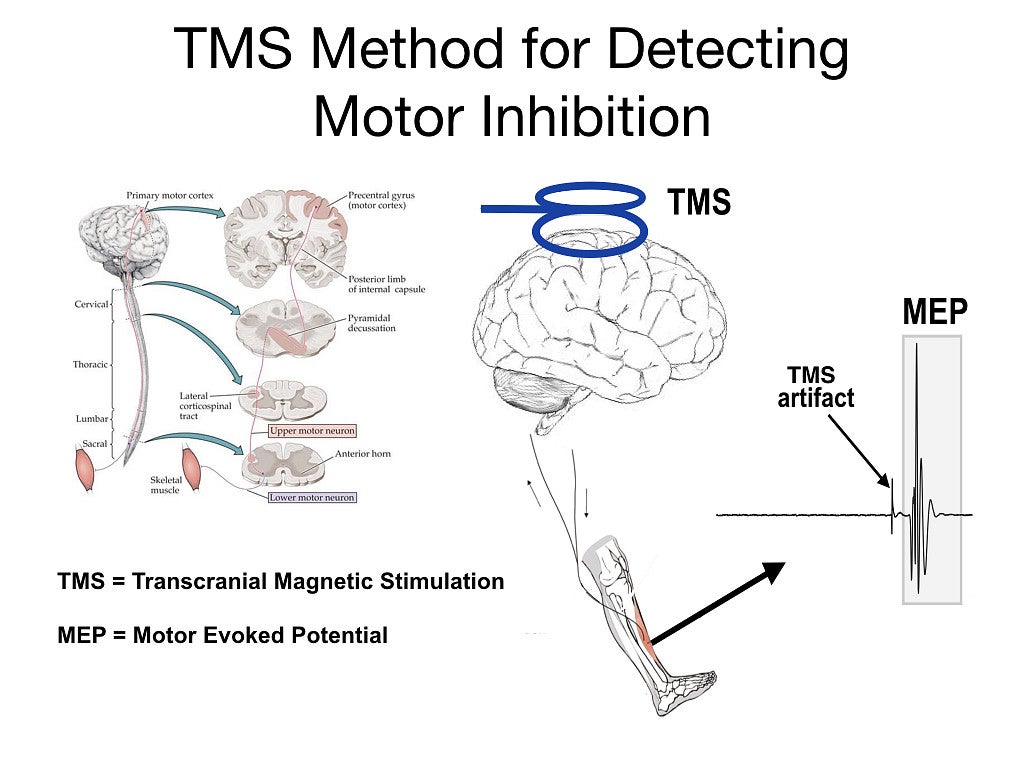
If a person thinks about moving their index finger, and then actually moves it, what changes between those two states? That’s what University of Oregon assistant professor of human physiology Ian Greenhouse seeks to understand. How do people transition from thinking about a movement to then performing that movement? Greenhouse’s project is called “Computational roles for inhibition in human action control.” His $2.1 million award over the next five years from the National Institute of Neurological Disorders and Stroke at the National Institutes of Health will help further the understanding of this question.
The experiments funded by this award could illuminate processes involved in action control and potentially inform what people understand about diseases like Parkinson’s. According to Greenhouse, his research can point at specific computations and physiological mechanisms that might be disrupted in these different disorders. This can help determine the causes of symptoms and allow us to identify new targets for treatment.
“There’s also a philosophical component,” Greenhouse said. “When we think about how the nervous system is set up, why is it this way? What are the underlying calculations?”


Greenhouse considers his question fundamental.
“What’s cool is that the question is still not answered,” Greenhouse said. “This question has been around a long time, but there still has not been a compelling answer—one that is sort of complete enough. And I’m hoping we’ll continue to chip away at this question.”
Greenhouse has always been interested in how the brain operates. As an undergraduate, he studied neurobiology courses in psychology. From there, he went to work in a psychiatric department at a hospital where he focused on patients who had catatonia, which is a psychiatric disorder that interferes with a person’s ability to react normally to their environment and can cause one’s motor system to lock up and become rigid. Scientists still don’t know why that happens. Greenhouse desired to chase that uncertainty.
“The catatonic patients sort of spiraled me down this line of thinking about the motor system and how the brain communicated with the muscles,” Greenhouse said.
Greenhouse is happy to conduct his research within the College of Arts and Sciences. He said he doesn’t think his project would have been funded had it been at any other institution. There are special facilities that UO provides for Greenhouse such as the imaging center and brain stimulation laboratory, so having the combination of these tools at Greenhouse’s disposal along the Action Control Laboratory is significant for his work.
Greenhouse also attributed the success of his work to his team of talented and hardworking students and staff and the diverse interests of his colleagues.
“That’s why UO and CAS in general are really important for this,” Greenhouse said. “You really have the support here...I think it’s the combination of all these things, the resources, the personnel, the students and the freedom to do the work. We’ve got scientists and engineers with really diverse perspectives, and that informs our research and helps it become more universal and broadens the impact of the work we’re doing.”
-By McKenzie Days , College of Arts and Sciences


